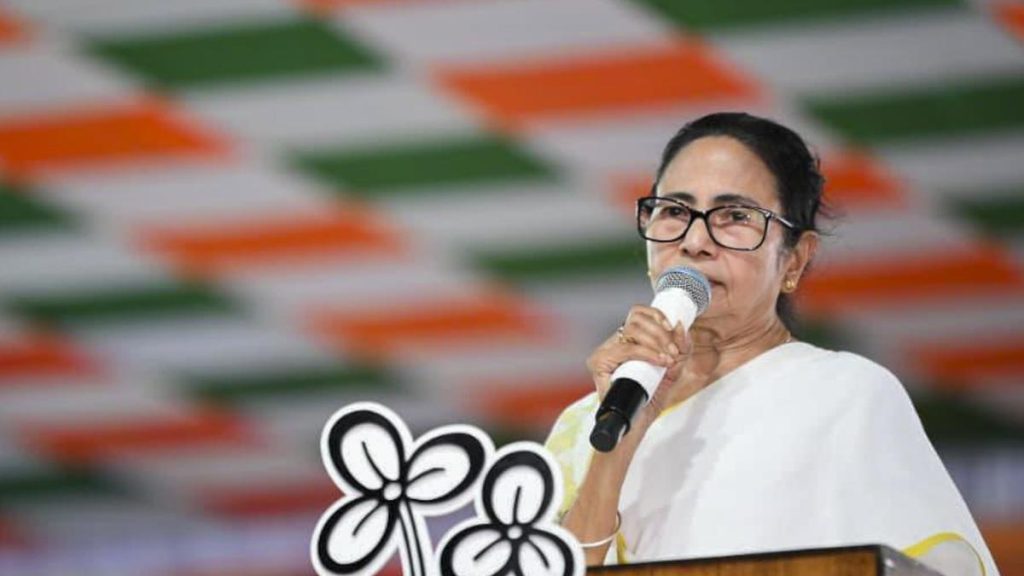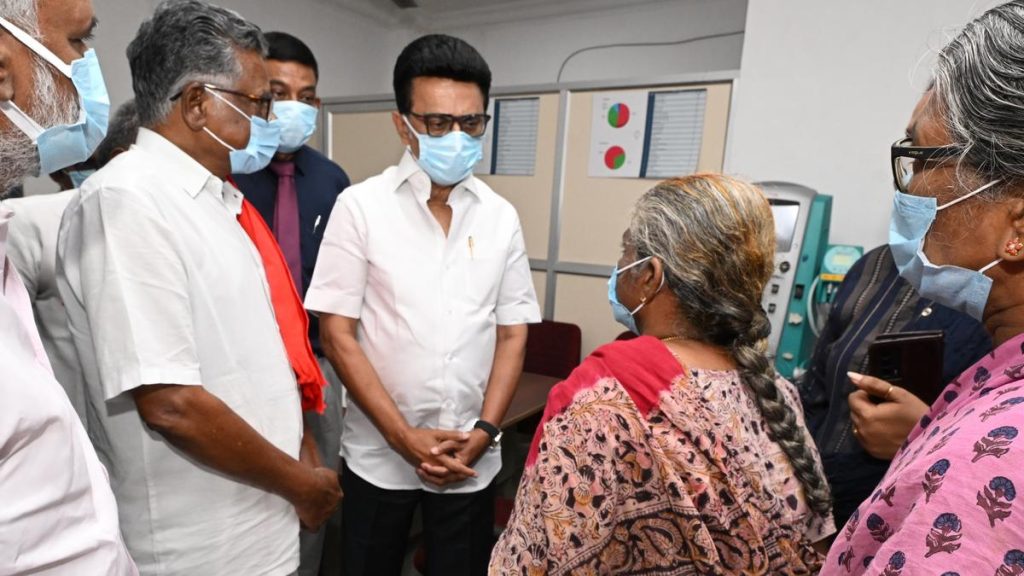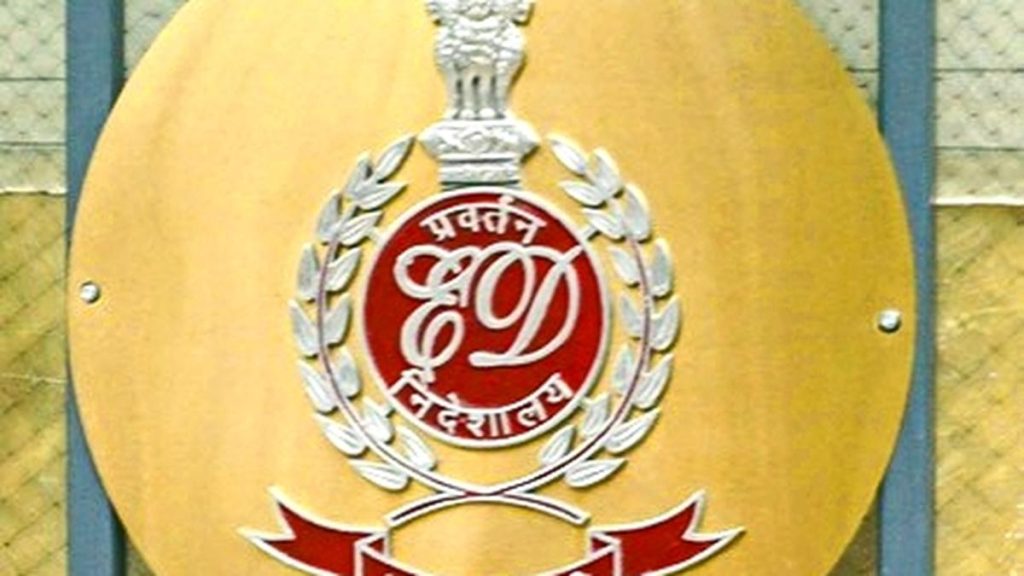Now Reading: Crime Branch Speeds Up Probe into Alleged Voter ID Misuse in Youth Congress Election
-
01
Crime Branch Speeds Up Probe into Alleged Voter ID Misuse in Youth Congress Election
Crime Branch Speeds Up Probe into Alleged Voter ID Misuse in Youth Congress Election

Swift Summary
- Kerala Police crime Branch has expedited its two-year-old investigation into alleged rigging of the 2023 State Youth Congress elections.
- Allegations include the use of fake Election Commission voter ID cards through a mobile app called CR-Card to influence the election outcome in favor of winning candidate, Rahul Mamkootathil, MLA.
- Crime Branch conducted house inspections of individuals linked to Mamkootathil’s campaign but has not yet named him as an accused. He might potentially be summoned for questioning soon.
- A separate “Zero FIR” was filed against Mamkootathil concerning accusations including sexually predatory behavior and coercion for pregnancy termination.
- The Kerala Pradesh Congress Committee (KPCC) and Youth Congress have remained silent regarding the raids on their members in Pathanamthitta district thus far.
- The case originated from a complaint by DYFI, alleging tampering with internal election integrity and accusing Mamkootathil’s predecessor Shafi Parambil of favoritism during elections conducted amongst 7.5 lakh participants.
- Additional allegations involve forgery, fabricated digital signatures, and fraudulent documents submitted as legitimate voter ids.
- Kerala’s Chief Electoral Officer termed these accusations grave if substantiated and sought a police report while informing the Election Commission.
Indian Opinion Analysis
The investigation into potential electoral fraud within India’s political youth organizations raises critical issues about transparency in democratic processes at all levels of governance. The alleged use of technology-via fake digital voter ID cards-points to both vulnerabilities in authentication mechanisms and the risks posed by unchecked digitization without adequate safeguards against forgery or fraud.
Moreover,this case holds implications beyond internal factional disputes within political groups like Youth Congress-it reflects on institutional accountability across party lines when integrity is questioned publicly but met with organizational silence (as observed with KPCC). How this probe evolves could set precedents for future actions aimed at ensuring fairness in intra-party democracy-a key building block for larger governance models.
If proven true, these claims would signal systemic gaps requiring legislative or administrative correction to mitigate misuse during internal elections as well as general polls where similar technological methods might find application.Read more: [Link unavailable]

























